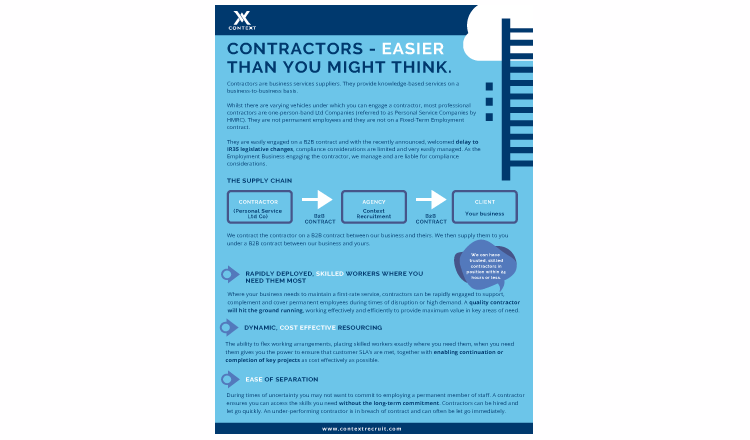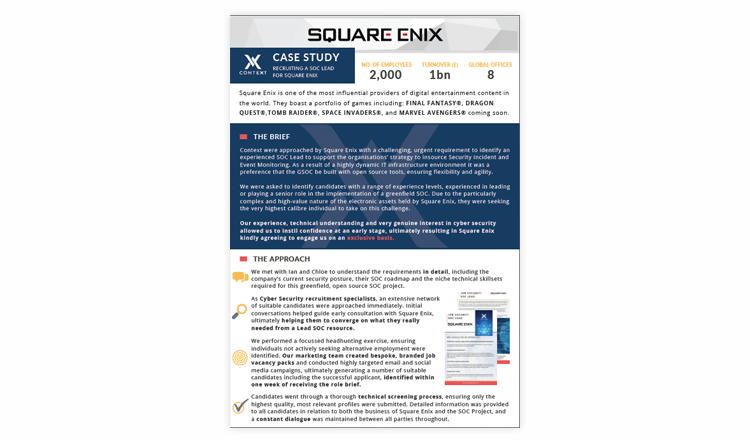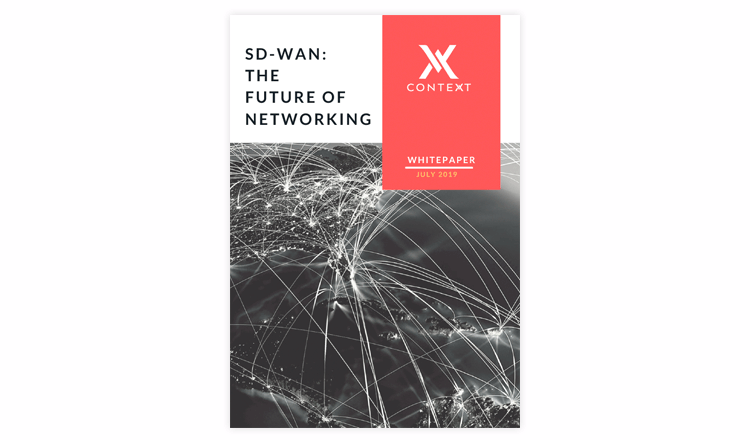If you are a contractor working through an intermediary, such as a partnership or limited company (also known as a Personal Service Company “PSC”), you need to be aware of IR35.
What is IR35?
IR35 legislation was introduced on 6th April 2000 and applies to contractors who are working for a client through an intermediary. The legislation is intended to prohibit workers using intermediaries to avoid being taxed like an employee and having to pay Class 1 National Insurance (NI). Before IR35 was introduced an individual could leave employment and return as a limited company contractor carrying out exactly the same job, paying less in tax and NI than PAYE employees. This was perceived as tax evasion by HMRC.
Am I inside or outside the scope of IR35?
IR35 applies to all sectors and industries and considers the underlying nature of your working relationship with a client. Even if you call yourself ‘self-employed’ or believe you have an ‘IR35-proof’ contract, you may still be caught by IR35. If, as a contractor working through an intermediary you are deemed to be “inside” IR35 by HMRC, you will be required to pay roughly the same tax and NI as employees.
Indicators of IR35 Status:
HMRC will look at the contracts that you have in place and the way in which you are interacting with clients (“working practices”) to assess your IR35 status and decide whether there is something called a “hypothetical employment contract” in place. Factors that have been used over the years to determine IR35 status include:
- Do you have control over when, where and how you provide services, or are you required to work set hours, receiving instructions (like an employee)?
- Are you engaged to provide personal skills or a service? i.e. do you have an obligation to provide services personally, or are you able to provide a suitable “substitute” to your client.
- Would you be perceived to be in business on your own account? i.e. risking your own capital, managing P&L etc.
- Are you treated like an employee?
Responsibilities – recent changes to the legislation
There are different roles and responsibilities for applying off-payroll working rules depending on whether you work and provide your services in the public and private sectors.
In April 2017, HMRC shifted the responsibility away from contractors determining their IR35 status to the public sector organisation to determine their IR35 status for them. This means, if a contractor is deemed to be inside IR35, the engager, i.e. this could be the public sector or the agency, will deduct income tax and National Insurance as they would for employees. The contractor providing services through their own intermediary will need to provide information to the public authority to help them make their decision.
These changes will be extended to the private sector, but not until April 2020, and will only apply to large and medium-sized organisations.
The above is intended as an overview only and is in no way comprehensive. It is not a substitute for legal advice. Context Recruitment advises that contractors operating through intermediaries seek independent advice and assess their IR35 status at the beginning of each new assignment and at regular intervals. We have provided some resources for further reading:



